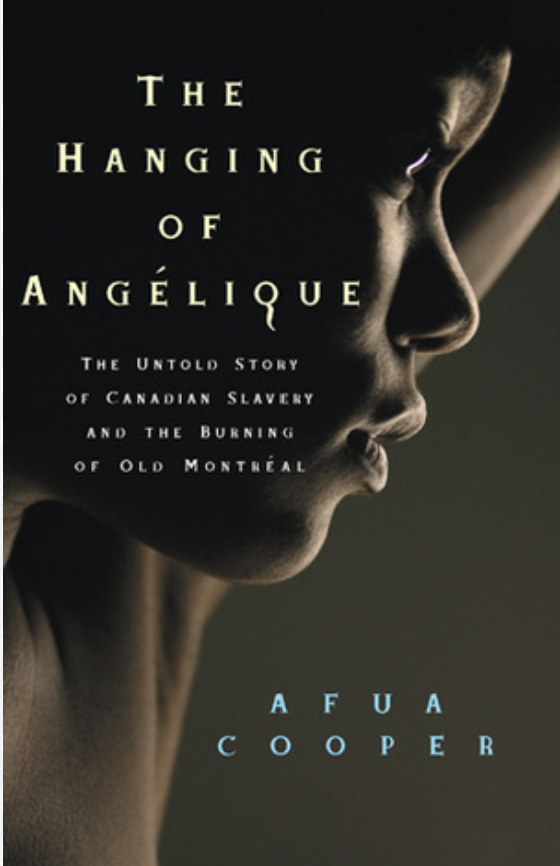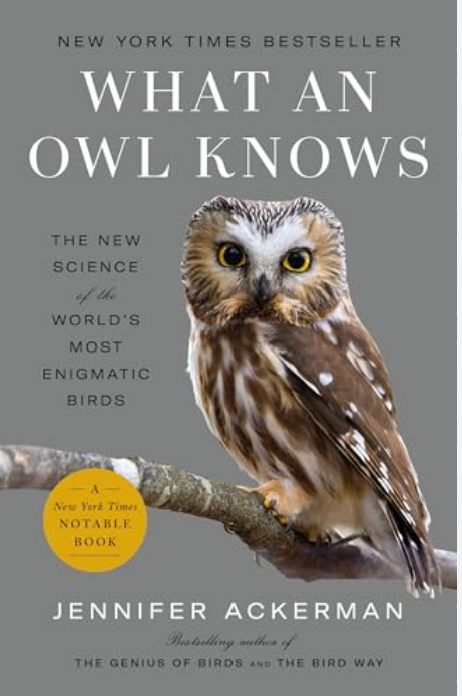Best Books of My Year Off

It is difficult to write about The Hanging of Angelique (2006) because it is both so thorough and so sad. Though it is a biography of sorts, it’s an unconventional one in that so little is known about the subject, Marie-Joseph Angelique, a slave in New France in the 1700s. Yes, slavery existed in Canada. Afua Cooper, a very well known and accomplished history professor and poet, takes it on with what one can only call an aggressive (in a good way) approach. She destroys the myth that Canada’s past is slavery-free.
Because Angelique’s life story was not recorded in her own words, Cooper fills in the gaps in Angelique’s life in two ways: she dives into the details of slavery in “Canada” (which of course did not exist as a country at the time) and the slave trade which brought her there from Portugal; she also provides interesting and insightful speculations on how she thinks Angelique might have felt. Along the way, there is a lot of time spent on the “justice” system of New France because Angelique was accused of burning down the house she lived in. In turn, the fire spread and destroyed a chunk of Montreal. She was found guilty, tortured, and killed. Cooper has made excellent use of the court records from the time to show how quick to judgement her accusers were.
Angelique is portrayed by Cooper as a forthright young woman (29 when she was killed) who challenged norms and sought freedom and independence, hence her desire to return to Portugal. Even though Cooper believes Angelique probably did start the fire, she is empathetic about the constraints under which Angelique lived. In a way, she restores Angelique to the full personhood denied her by the legality of slavery in New France.
Just as every Canadian should know about the history of colonization’s effect on Indigenous people, they should also be aware of the realities of colonization and slavery. I for one felt enlightened by the book but depressed that, once again, my history education at university did not live up to the truth. This year in world history class I will make sure that my students understand that slavery and the slave trade were both global and local.

My second ‘best book’ choice is much more in the entertaining and charming vein. In What an Owl Knows Jennifer Ackerman has written a love letter to owls. Ackerman is a well known writer on the topic of birds. Her knowledge is wide. Her respect for her subjects is very strong. Diving deeply into owls, she compares them to other birds, draws on bird research she covered in her previous books, and paints them as absolutely diverse and unique.
Who knew that owl behaviour is so different from species to species? I, being a bird lover but not one familiar with owls, tend – like most people – to generalize owls. Well, no more. There are big owls, small owls, medium owls, tiny owls. There are burrowing owls, owls that nest in snag (a word new to me), owls that roost in the hundreds in trees in Serbia. There are owls that migrate vast distances. There are even some owls that hunt in the day time, not at night. Of course there are a lot of words devoted to owl communication: the toots, hoots, screeches, shrieks, and so on.
I love that she has written so much on the various ingenious ways that owl researchers have devised to study them, whether through netting, observation, or nano-technology tracking (except for the owls that are too small to carry such backpacks). These researchers and volunteers are incredibly devoted to wildlife and endure difficult conditions to improve the science of owls. Ackerman has also visited many rehabilitation facilities where injured owls are both prepped for release into the wild or trained for captive lives as educational ambassadors of their species.
Inevitably, Ackerman must write about the potential fate of owls in the climate crisis in which we live. As for many other animals, it is a sad tale of decline. Yet owls, like others, are showing some signs of adaptation. Let us hope that more and more people, not just birders and ornithologists, take up the call to protect and conserve the owl habitats that shelter these incredible, intelligent and diverse animals.